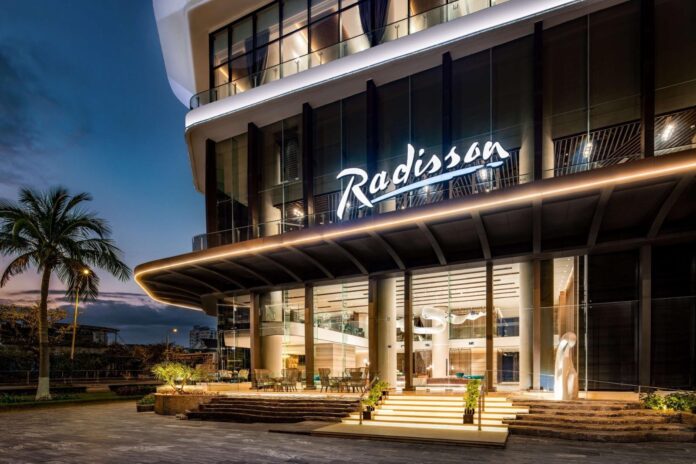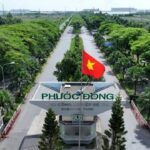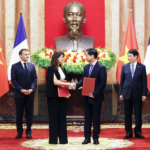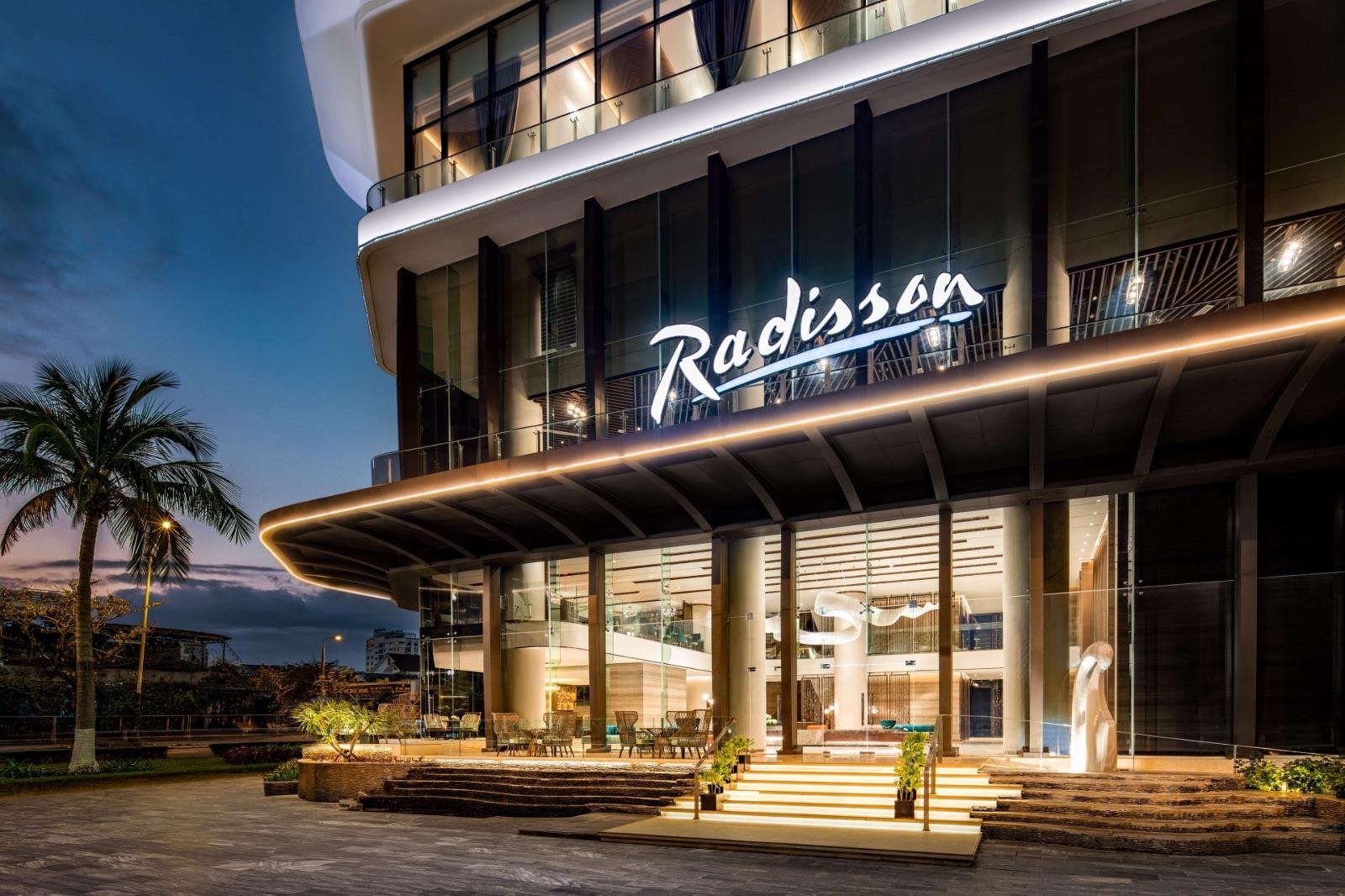
Radisson Hotel Group (RHG), one of the world’s largest hotel management companies, is set to open several key projects in Vietnam in Q2 2025, including Radisson Blu Ha Long Bay and Radisson Resort Mui Ne. RHG currently operates six hotels in Vietnam and has six more in the pipeline.
The recent signing of Radisson Hotel Westlake Hanoi, slated to open in 2028, marks a significant step for the brand in the capital city. The group aims to become the leading international hotel brand in Vietnam by 2035, focusing on the mid-scale and upscale segments.
According to Mr. Ramzy Fenianos, Area Senior Vice President, Asia Pacific, Radisson Hotel Group, Vietnam has rapidly evolved into a premium travel destination since the brand’s entry into the market. He noted that the country attracts a diverse range of travelers, including leisure seekers, digital nomads, business travelers, and those seeking wellness experiences.
“Vietnam is experiencing rapid economic growth, increasing international connectivity, and a booming domestic tourism industry, making it a very attractive market. RHG recognizes the significant potential in both the leisure and business travel segments, particularly due to the diverse range of experiences on offer, from urban stays to beach resorts and cultural destinations,” shared Mr. Ramzy.
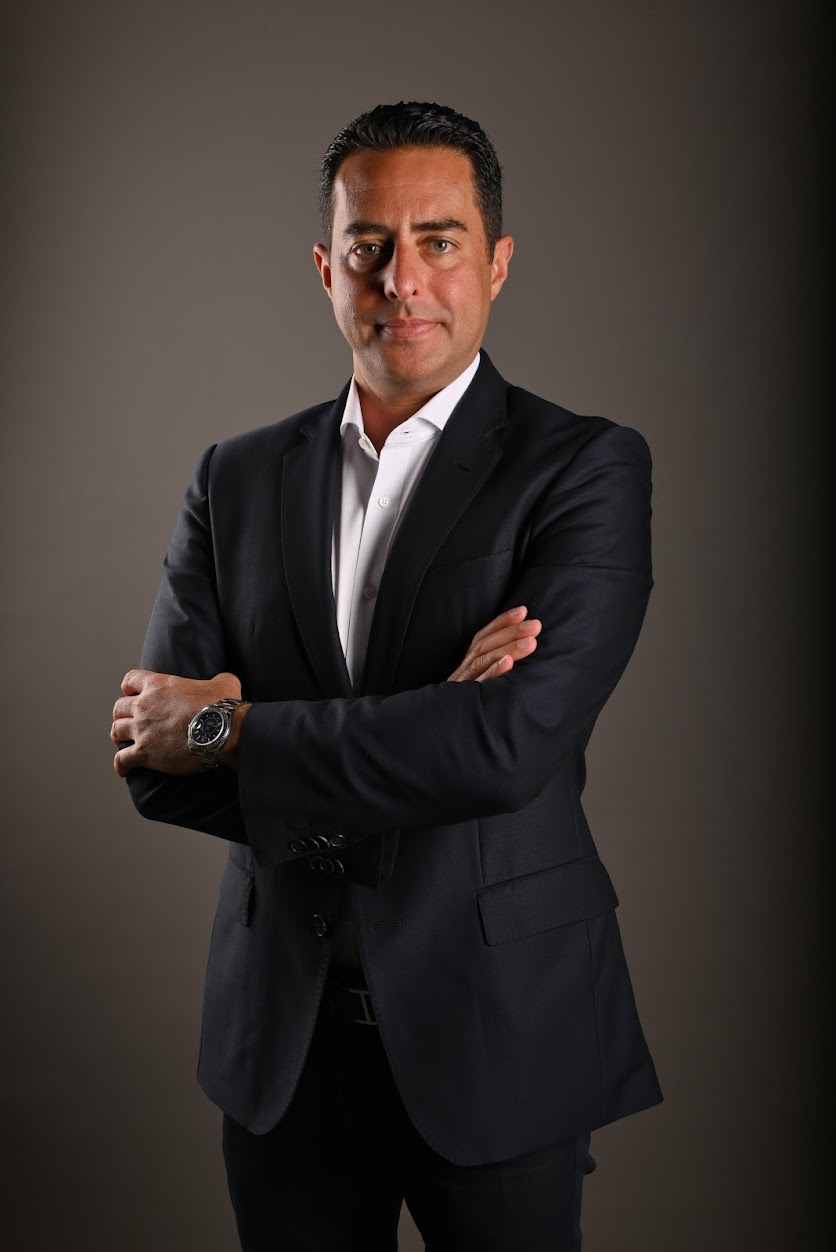
Mr. Ramzy Fenianos, Area Senior Vice President, Asia Pacific, Radisson Hotel Group
Radisson’s senior representative also attributed the improved infrastructure, government support for tourism, and enhanced international air connectivity as key factors driving Vietnam’s tourism appeal and the competitiveness of its accommodation market. As a result, the country has witnessed an influx of renowned international hotel groups.
Mr. Ramzy observed that Vietnamese travelers are increasingly opting for short breaks, weekend staycations, and premium, high-quality, and unique experiences close to home. On the other hand, international visitors are drawn to authentic local experiences, cultural elements, wellness services, and sustainable tourism options. Online bookings, flexible room reservations, and personalized journeys are also gaining popularity. Looking ahead, health tourism, digital innovation, and sustainability initiatives will shape the industry.
Vietnam has long enjoyed a strategic advantage due to its central location in Southeast Asia and its gateway to Northeast Asia. The country has maintained a stable GDP growth rate of 6-7% annually and has adopted an open policy towards foreign investment (FDI) and visa relaxation. Additionally, with tourism designated as a key economic sector until 2030, the country is well-positioned for long-term development in premium accommodation.
According to the Vietnam National Administration of Tourism, tourism revenue in 2024 is estimated at nearly USD 34 billion, a 23.8% increase from 2023. Mordor Intelligence forecasts that Vietnam’s hotel market size will reach USD 5.88 billion in 2025 and USD 11.29 billion in 2030, with a compound annual growth rate (CAGR) of 13.94% during the same period. In 2025, Vietnam’s tourism sector aims to generate approximately VND 980-1,050 trillion in revenue, targeting the milestone of VND 1 quadrillion.
Another notable aspect is the rise of the middle class, the primary consumer force for products and services. According to the World Bank, Vietnam has witnessed one of the fastest middle-class growth rates in Asia in recent years, with approximately 1.4 million people joining this segment annually. This, coupled with positive macroeconomic growth indicators, has propelled Vietnam into a golden era for tourism and accommodation.
“Emerging coastal destinations and national parks are presenting attractive investment opportunities,” said Mr. David Jackson, CEO of Avison Young.
Avison Young’s data reveals that while only about six major international hotel operators were present before 2000, the last 15 years have seen the entry of ten additional groups, collectively owning over 60 hotel brands in Vietnam.
Meanwhile, Mr. Mauro Gasparotti, Savills Hotels’ Senior Director for Southeast Asia, noted the emergence of new resort models in Vietnam, such as wellness retreats and all-inclusive resorts.
“These innovations will drive the next phase of development in Vietnam’s resort real estate industry, attracting major brands and shaping the industry’s future,” shared Mr. Mauro at an event last month.
“VRG Group Launches 205 Townhouses in $6 Billion Investment Project”
The real estate market has been experiencing a dire shortage of affordable housing options, with properties priced at 1 billion VND being extremely rare. However, VRG and MinhPhuLand have stepped up to the challenge by announcing the upcoming sale of 205 townhouses starting from a remarkable price range of just 1.2 to under 2 billion VND. This unexpected yet welcome news has brought a ray of hope to homebuyers seeking affordable options without compromising on quality and convenience.
“Sanofi and VNVC Sign a Technology Transfer Partnership for Vaccine Manufacturing.”
On May 26, in Hanoi, in the presence of President Luong Cuong and French President Emmanuel Macron, Vietnam Vaccine Joint Stock Company (VNVC) and Sanofi, a French pharmaceutical company, signed an agreement for technology transfer of Sanofi’s vaccine production technology to VNVC’s Vaccine and Biological Production Plant in Vietnam.
Crafting and Trading Counterfeit Medicines: A Heinous Act of Mass Murder
“The severe consequences of counterfeit medicine and vaccine production and trafficking cannot be overstated. We must take a firm stand against these heinous crimes. To deter such despicable acts, lawmakers are proposing the harshest penalties, including the death sentence, for those found guilty of producing and trading fake food products, particularly fake milk and supplements.”

